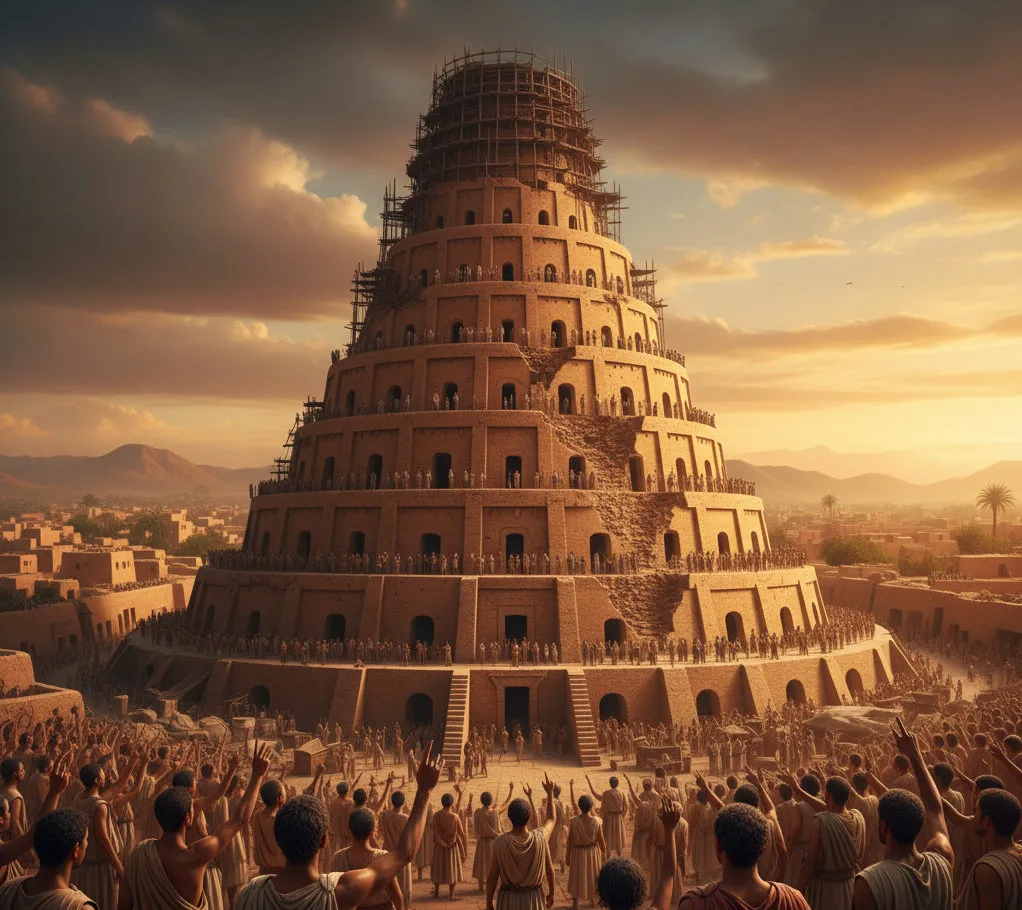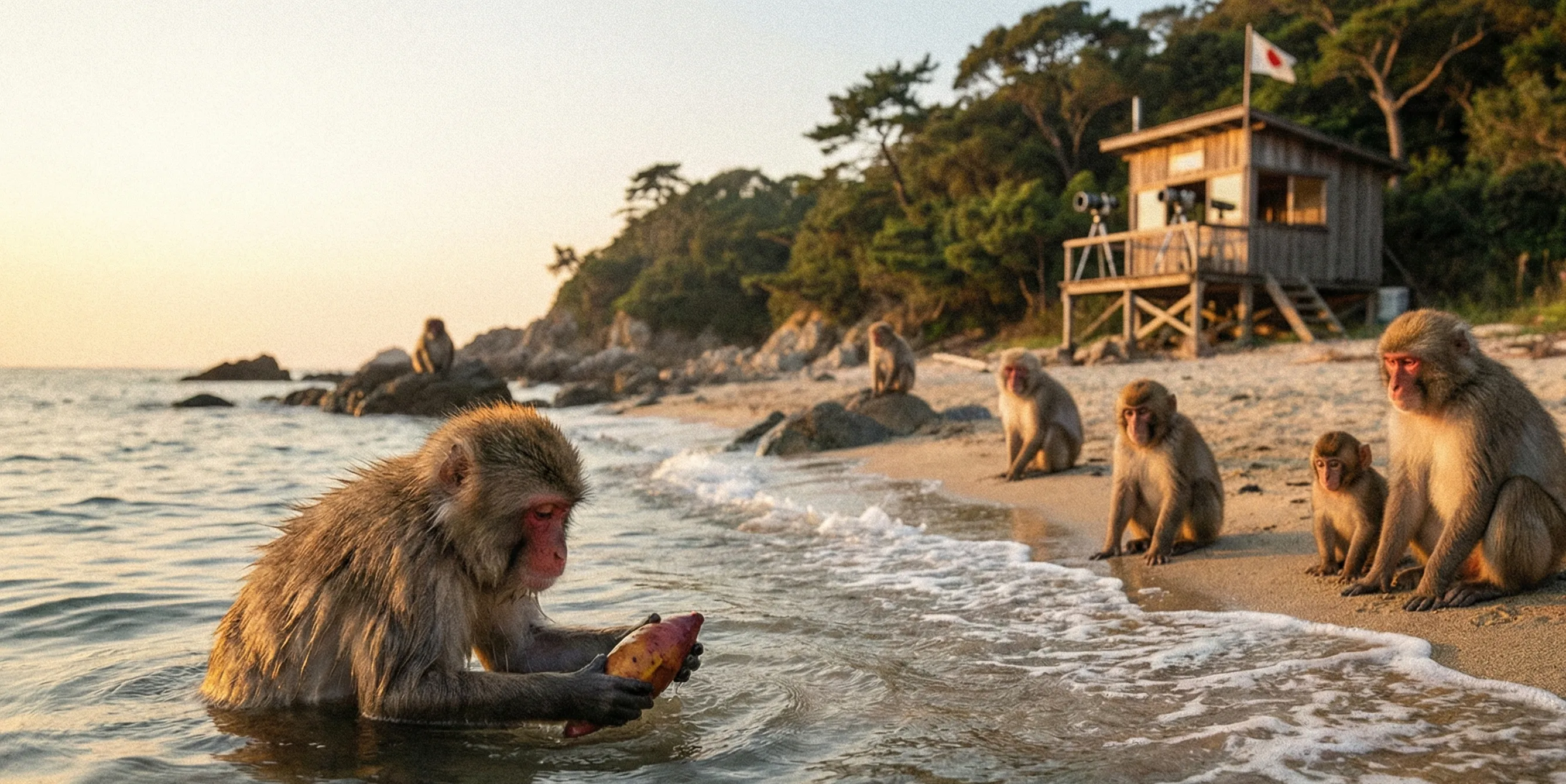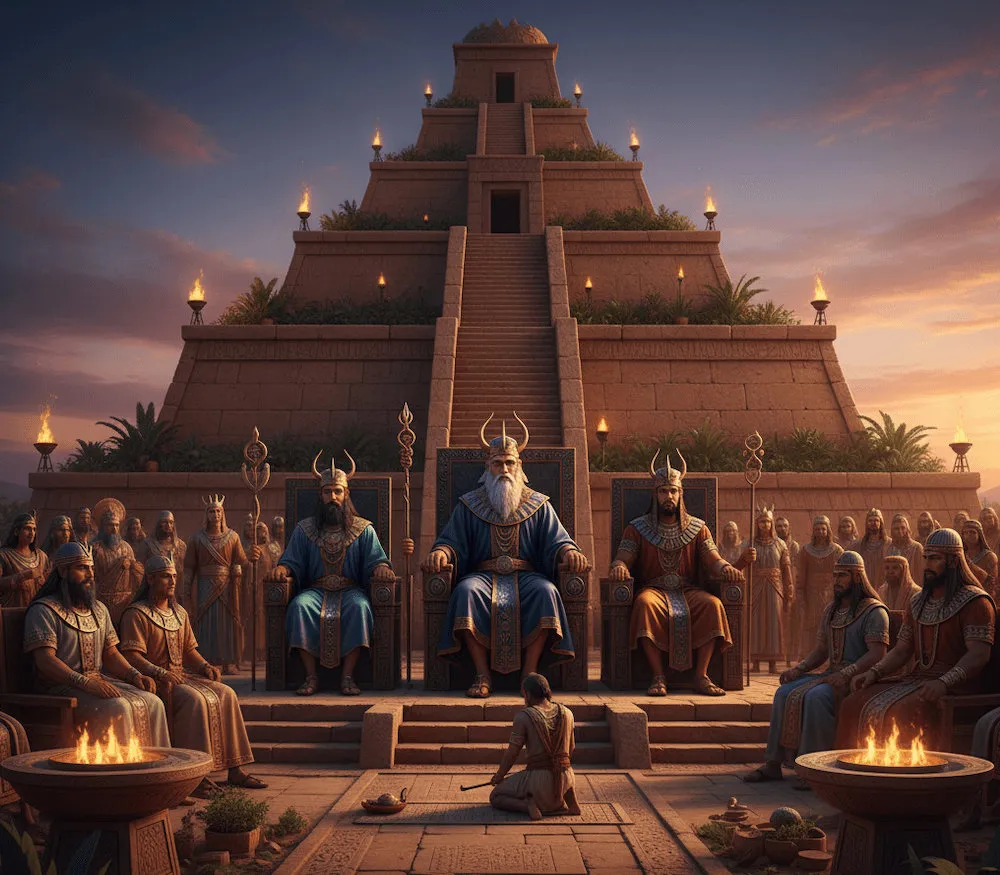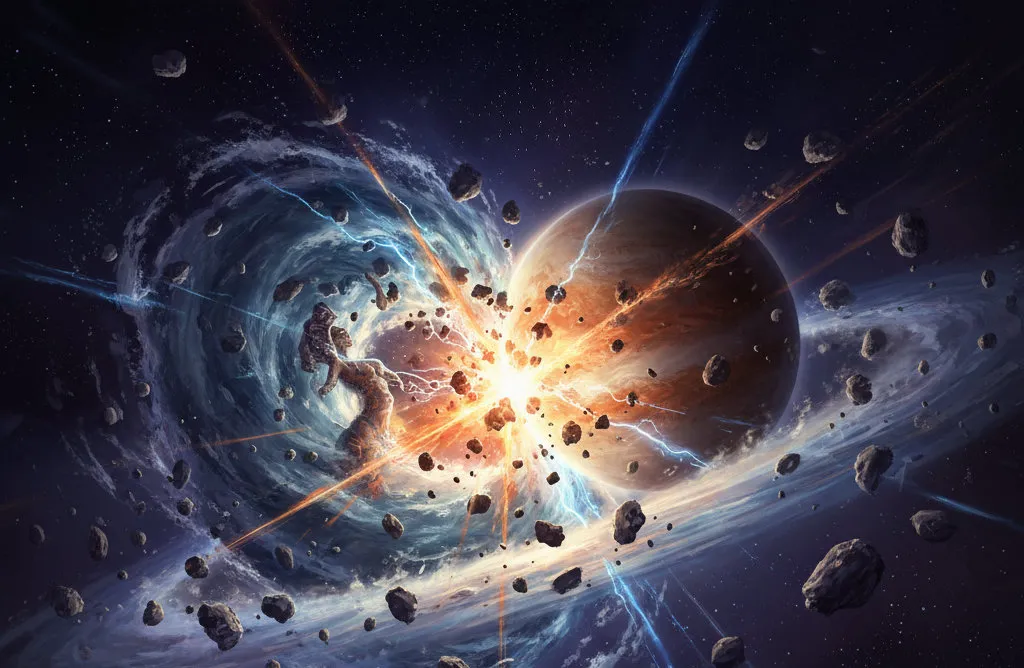
Content Disclaimer: This article contains speculative theories presented for entertainment. Readers are encouraged to form their own conclusions.
The biblical story of the Tower of Babel describes a unified humanity building a city and a tower "with its top in the heavens" on the plain of Shinar. The entire earth had one language and the same words.
According to Genesis, after the Great Flood, humanity migrated eastward and settled in the land of Shinar, in Mesopotamia. There they said to one another: "Come, let us make bricks and burn them thoroughly." They used brick instead of stone, and bitumen instead of mortar.
Then they said: "Come, let us build ourselves a city and a tower with its top in the heavens, and let us make a name for ourselves, lest we be dispersed over the face of the whole earth."
The Lord came down to see the city and the tower that the children of man had built. And the Lord said: "Behold, they are one people, and they have all one language. This is only the beginning of what they will do. Nothing that they propose to do will now be impossible for them."
So the Lord confused their language, so they could no longer understand one another. From there the Lord dispersed them over the face of all the earth, and they stopped building the city. Therefore its name was called Babel, because there the Lord confused the language of all the earth.
Historically, scholars have linked this narrative to Mesopotamian ziggurats, particularly Etemenanki in Babylon. These massive stepped structures visually connected earth and sky, serving as temples, observatories and symbols of divine kingship.
Etemenanki, dedicated to the god Marduk, stood approximately 91 metres tall. Its name means "the foundation of heaven and earth." It was rebuilt multiple times, most famously by Nebuchadnezzar II in the 6th century BCE, who inscribed that he had completed the tower "so that its top might rival the heavens."
The ziggurat was not simply a monument. It was a functional gateway, a place where priests ascended to perform rituals, where the earthly and celestial realms were thought to meet. The architecture embodied a cosmology.
In this reading, the Babel tale captures both the technological ambition of early urban civilisation and an anxiety about hubris. What happens when human projects strive to occupy cosmic space reserved for the divine?
But there is another layer. The story is not just about height. It is about unity. "They are one people, and they have all one language." The divine response is not to destroy the tower, but to fracture communication. Language, not architecture, becomes the weapon of dispersal.
This suggests the real threat was not the tower itself, but what a unified humanity could accomplish. Coordination, collaboration, shared purpose. The text implies that nothing would be impossible for them. The solution was not violence, but confusion.
The Babel story, then, is not primarily about punishment for pride. It is about the deliberate prevention of human potential. A species that could organise collectively, communicate seamlessly and build without limits was too dangerous to allow.
The scattering of languages becomes an enforced fragmentation. Humanity is divided not by geography, but by the inability to understand one another. Tribes, nations and cultures emerge from this linguistic rupture.
What makes this narrative remarkable is its ambiguity. Is the confusion of tongues a curse or a safeguard? Does it protect humanity from its own overreach, or does it prevent us from reaching our full potential? The text does not answer. It simply records the fracture and its consequences.




